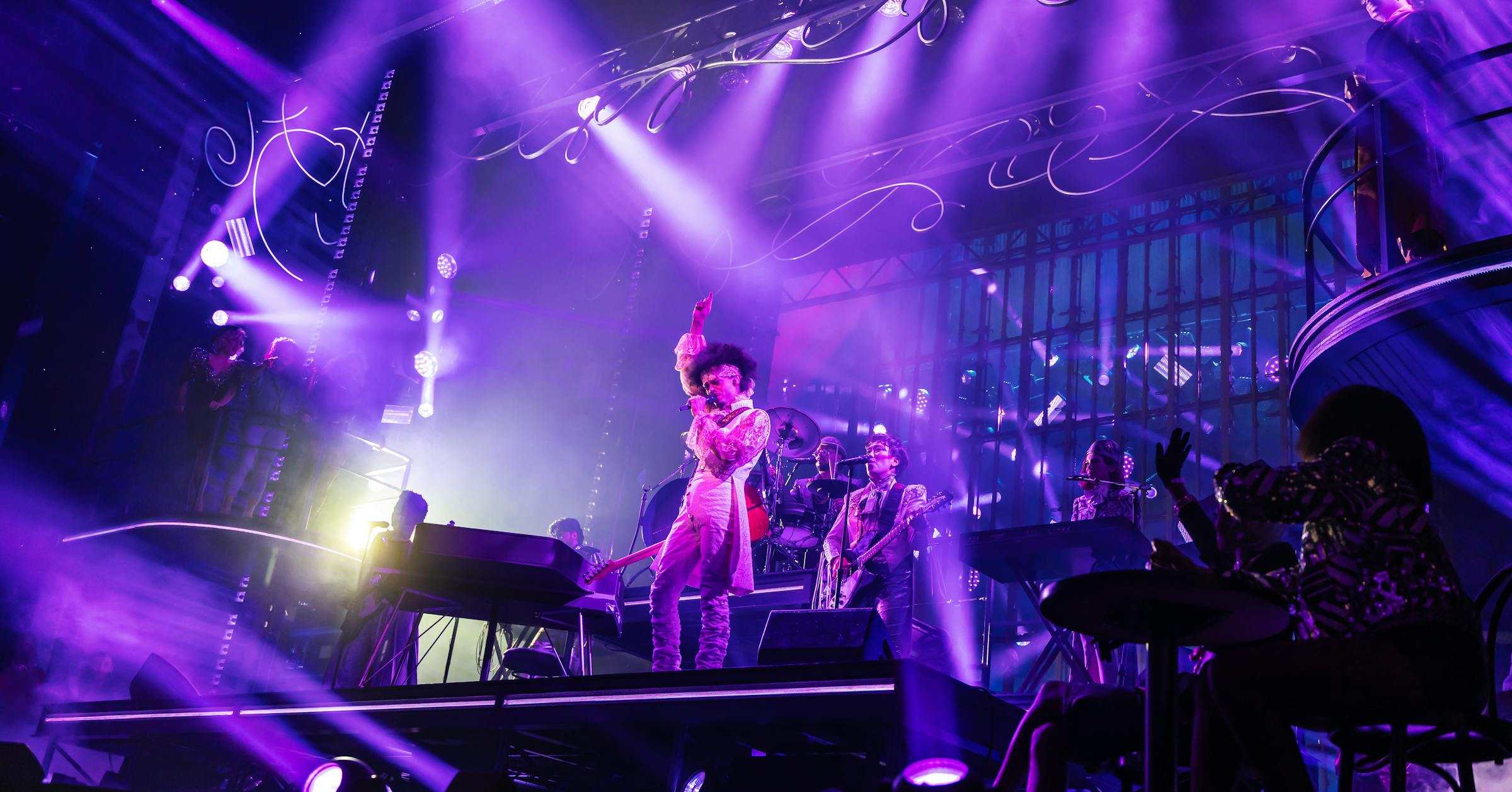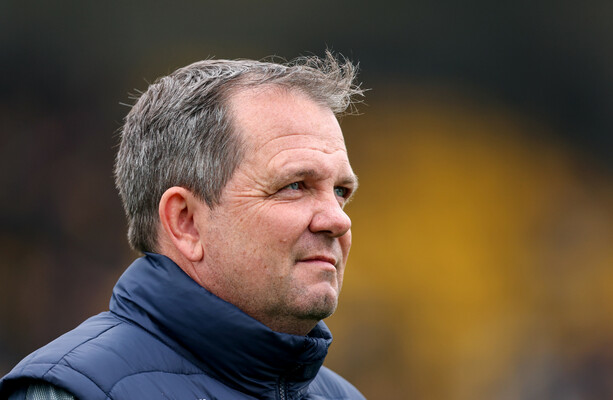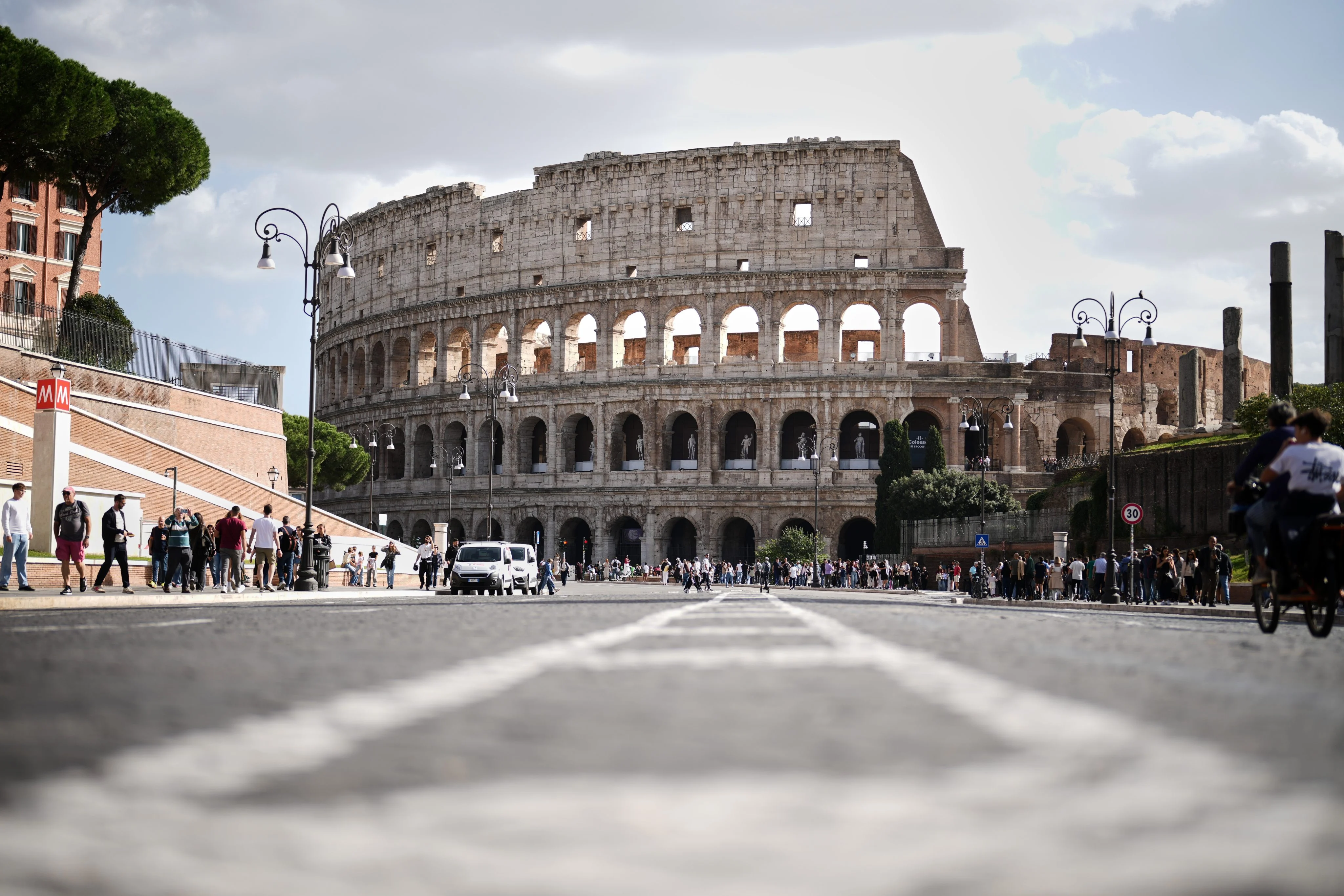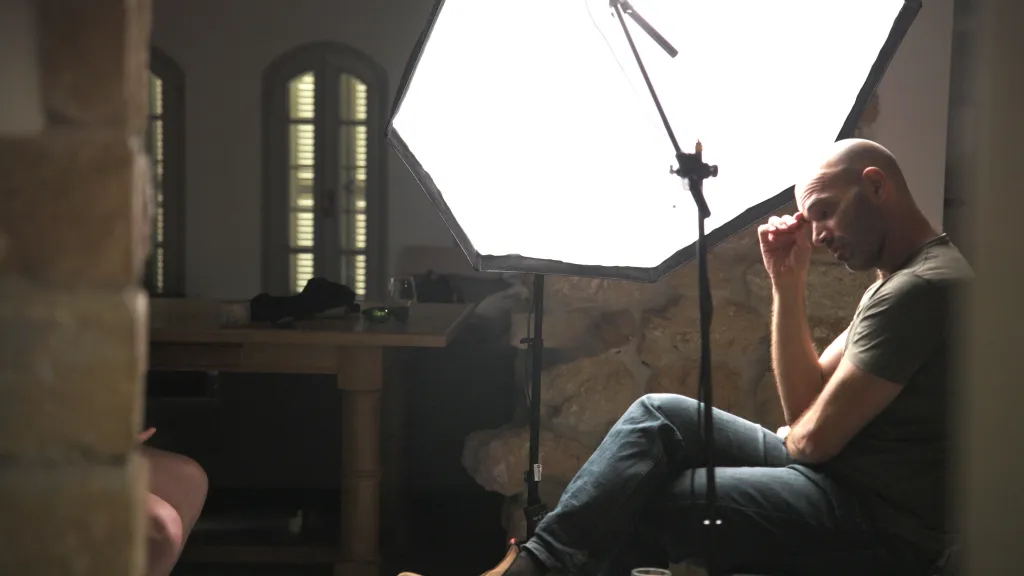Copyright Star Tribune

“I like to think of the theater as a gym for the emotions,” he said during an interview on CBS Evening News earlier this year. “I think, in its best iteration of itself, it’s where we go to feel things safely — that maybe we don’t feel safe feeling out in the world. And to also experience each other experiencing those things collectively.” Since Prince’s death in 2016, fans of the music icon and innovator have searched for that special bonding moment that the new musical “Purple Rain” hopes to offer. It officially opened last Wednesday at Minneapolis’ State Theatre and will run through Nov. 23. Last year, I visited Graceland in Memphis because my daughter saw a few movies about Elvis Presley and decided she had to see it firsthand, so I added the stop to a family reunion trip to Mississippi. Presley’s legacy included problematic moments — see: accusations of cultural appropriation — that the long-running museum at his former home does not highlight. But Graceland is an experience that makes you feel like he’s still walking around somewhere, living and breathing. At Graceland, Elvis hasn’t left the building. As a music connoisseur, I haven’t enjoyed that same experience with any deceased Black artist. Sure, you can visit the Stax Museum in Memphis and see a display that shows Isaac Hayes’ gold Cadillac twirling around, sparkling in a corner. In the American Jazz Museum in Kansas City, you can put on a pair of headphones and listen to Charlie Parker and John Coltrane and other jazz greats. And the Museum of Pop Culture in Seattle boasts a collection of Jimi Hendrix memorabilia that pays tribute to the brief time he graced this planet with his magical strings. The greatest Black artists, however, are often remembered only in moments. Memorable performances shown on YouTube. Great songs played on the radio. Notable albums that are sometimes rereleased. And documentaries aired years after their deaths. But most of these phenomenal artists do not have the same staying power as many white music legends who are gifted tangible testaments of their legacies. And that’s why this “Purple Rain” musical matters. It’s an extension of Prince and his life. It’s another opportunity — along with Paisely Park — to ensure that his art will be cherished by new fans in the future. It’s also an opportunity for his supporters to sustain the memory of a Black artist in a unique manner. I did not know anything about Prince until I moved to Minnesota. I grew up on Michael Jackson. My sister Ebbie bought a TV/VCR combo before she went to college. She had a “Thriller” video we played every day. In the summer of 1993, I wanted only to moonwalk. Once I moved here, however, I heard all of the legendary stories about Prince. Every Minnesotan seems to have a tale about an encounter with him. They went to an incredible concert. They remember when they first heard him on the radio. They played against his junior varsity team in basketball. They knew someone in his crew and went backstage at a show or they followed him around the country on tour. About a decade ago, I joined a group of colleagues at Paisley Park. You could buy red beans and rice, macaroni and cheese, gluten-free brownies and bottled water. That was it. There were old movies playing in one room and the greatest dance party of my life in the other. Prince walked through the crowd and hung out near a pool table. Then, the music stopped. Prince approached the stage — I don’t remember seeing any stairs — and he appeared up there. I was next to a bunch of buttoned-up folks with suits and presumably healthy 401(k)s. And we all came undone when he grabbed the mic. Some of us screamed. Most of us ran to get as close as we could. None of us was calm. Now, nearly a decade after his death, his music speaks for itself. And the “Purple Rain” musical, like everything else attached to his life, will be brilliant. The production is also a promise: to fight to make sure Prince never truly dies in the way that so many of his Black predecessors have. “Prince is still here,” Jacobs-Jenkins recently told CBS News. “He’s here through the music. That’s what he always cared about. He was our Mozart. We’re so lucky to have him.”



